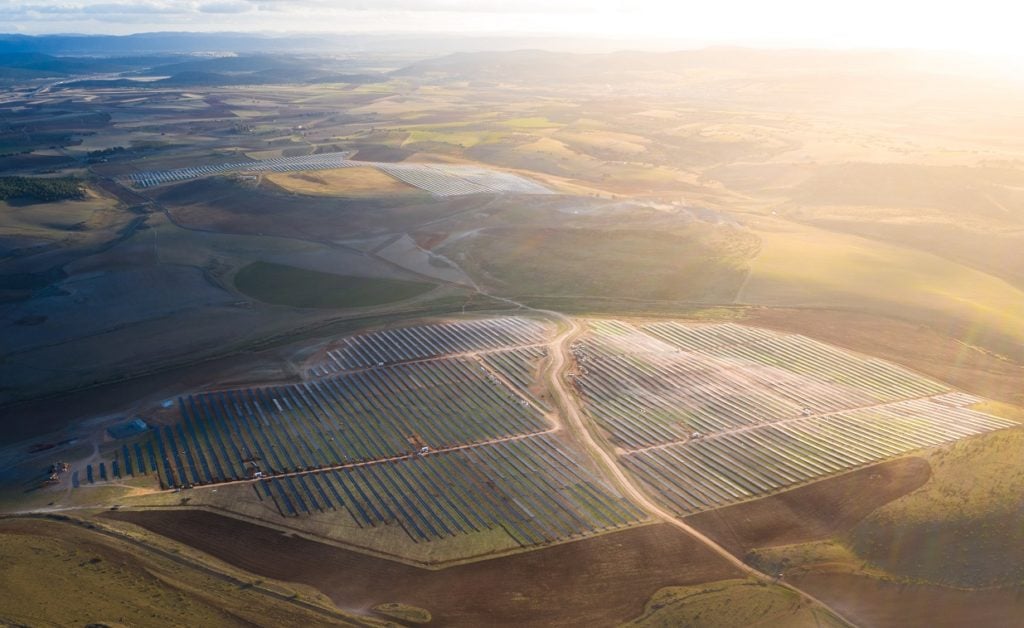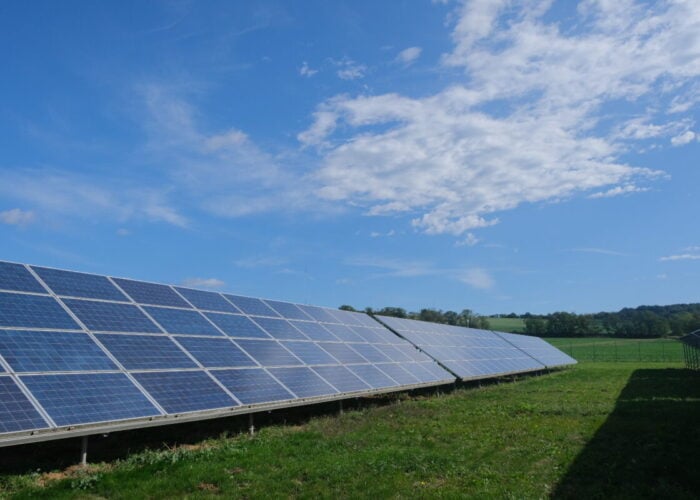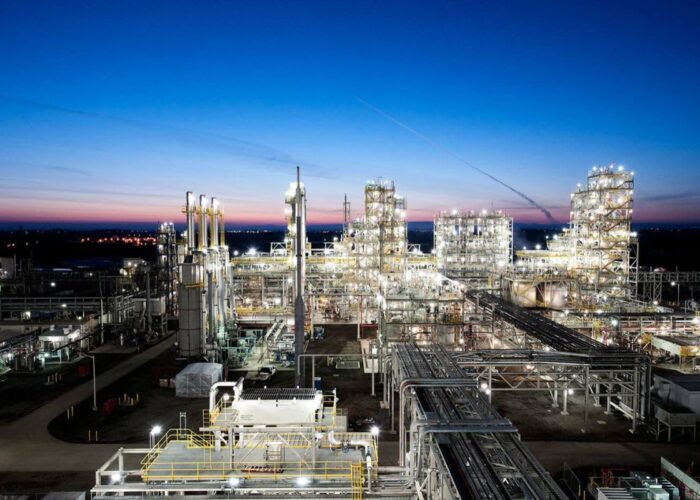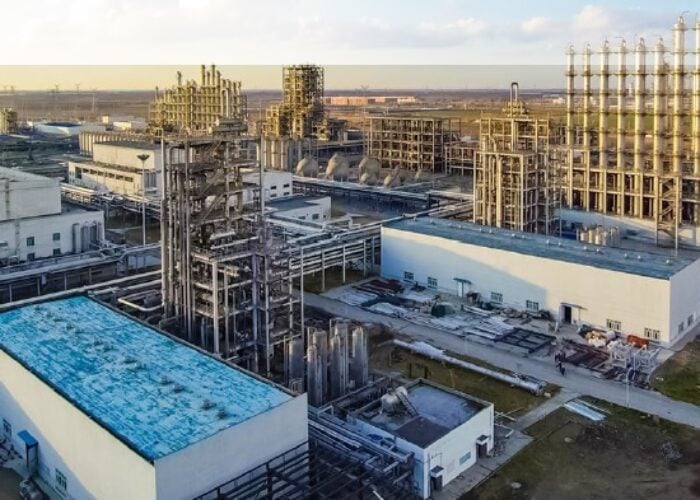
The PV industry “must remain vigilant” across its supply chain in meeting global human rights standards, trade association SolarPower Europe has said in a new sustainability report.
Called ‘Solar Sustainability Best Practices Benchmark’, the report claims companies’ human rights policies and practices “are not yet strong enough” to ensure the transition to a low carbon economy is fast and fair.
Unlock unlimited access for 12 whole months of distinctive global analysis
Photovoltaics International is now included.
- Regular insight and analysis of the industry’s biggest developments
- In-depth interviews with the industry’s leading figures
- Unlimited digital access to the PV Tech Power journal catalogue
- Unlimited digital access to the Photovoltaics International journal catalogue
- Access to more than 1,000 technical papers
- Discounts on Solar Media’s portfolio of events, in-person and virtual
The report has been developed with contributions from both downstream and upstream solar players and says the importance of supply chain transparency for the solar industry has become apparent following allegations of forced labour associated with polysilicon production in China’s Xinjiang region, accusations which authorities have denied.
“At present, there is insufficient evidence to confirm these allegations, however, despite the lack of clarity as to the exposure of the sector, the European solar industry has taken these allegations very seriously,” the report reads.
In addition to requesting environmental, social and governance expert advice, best practices put forward to tackle human rights issues include ‘no modern slavery’ clauses that require no forced labour practices or any other human right breaching in supply contracts.
“For the solar sector, sustainability considerations need to be made at all levels of the value chain,” said SolarPower Europe deputy CEO Aurélie Beauvais. “Considerations must address a variety of areas, spanning from ecosystem preservation and biodiversity impacts, to evaluating decent working conditions, social inclusiveness and gender equality levels.”
Publication of the report comes two weeks after the US Solar Energy Industries Association (SEIA) unveiled a new tool to increase supply chain transparency and help ensure that solar components are made ethically throughout the value chain.
Called the Solar Supply Chain Traceability Protocol, the tool consists of guidelines designed to help solar companies meet compliance obligations and provide customers with assurances that solar products they purchase are free from unethical labour practices.
Some 175 companies, including solar manufacturers and developers, signed a pledge earlier this year to ensure products they are using do not have links to forced labour. The pledge, which is still open for signatories, forms part of an industry-wide effort led by SEIA.





